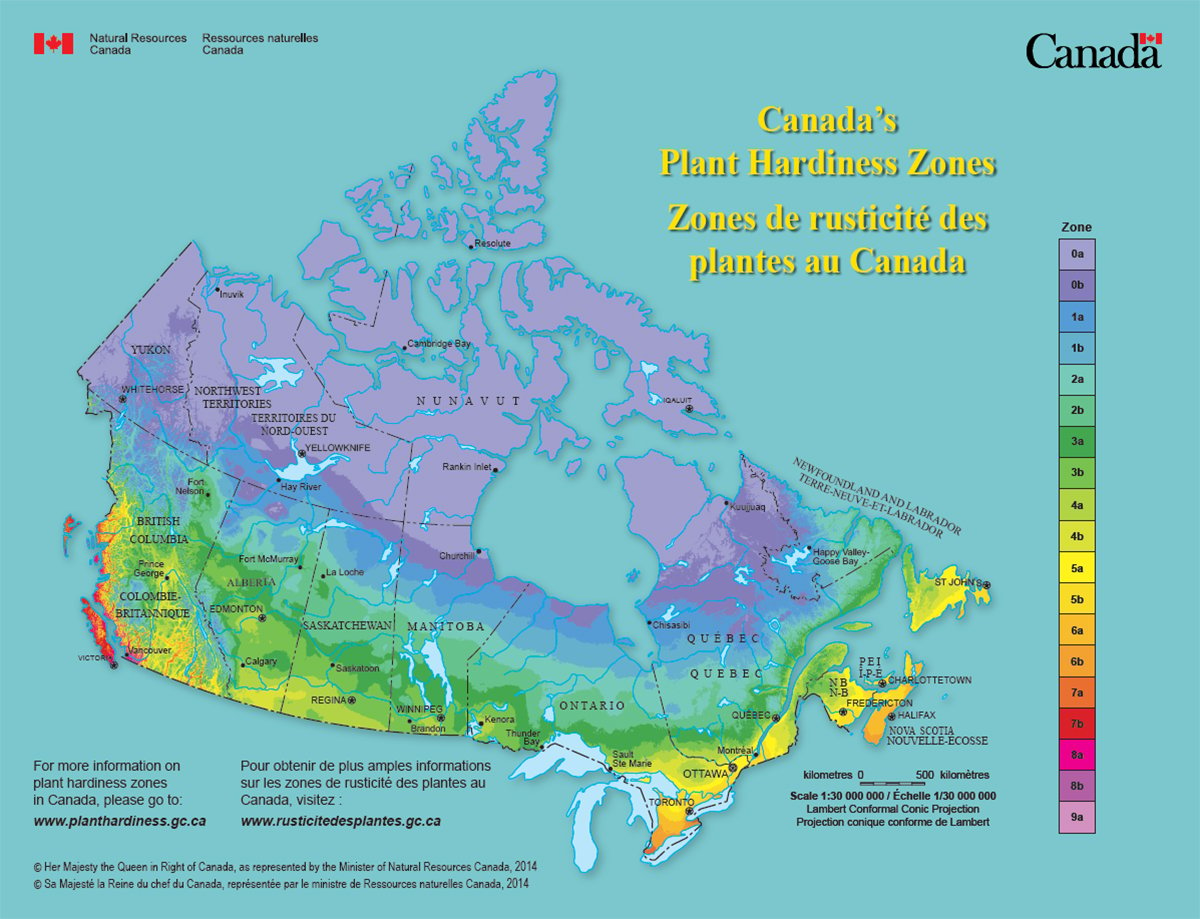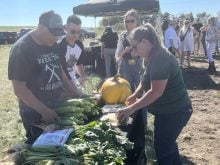Mandatory country-of-origin labelling in the United States next year could cut $90 or more from the market price of an animal and drive many cattle producers out of business, the Canadian Cattlemen’s Association told MPs last week.
At least one member of Parliament quickly got the picture.
“The Hilstrom ranch would be out of business,” said Manitoba Canadian Alliance MP and agriculture critic Howard Hilstrom.
He said his 300-head operation could not survive that level of income drop.
It was a meeting filled with dire predictions as beef and pork industry officials appeared before the House of Commons agriculture committee April 8 to warn about the dangers of the country-of-origin provisions, also called COOL, in last year’s American farm bill that would switch voluntary labelling requirements to mandatory in September 2004.
Read Also

Canada’s plant hardiness zones receive update
The latest update to Canada’s plant hardiness zones and plant hardiness maps was released this summer.
Beef and cattle industries would be most affected, although horticultural produce and fish also would be included. The law excludes poultry, which witnesses said would give it an unfair advantage.
CCA and Canadian Pork Council leaders urged MPs to lobby American politicians against mandatory labelling, arguing that it would hurt Canadian and American farmers and food industries.
“Our analysis indicates that the unmitigated impact of COOL will cost our industry between $280 million to $300 million per year,” CCA president Neil Jahnke told MPs.
“It is one of the most serious issues that our industry has faced.”
Martin Rice of the pork council said the law would hurt Canadian exporters and encourage American farmers to produce more hogs.
“Such an increase of as much as six percent in North American hog supplies would undoubtedly result in severely lower prices to hog farmers,” he said.
A study completed for the National Pork Producers’ Council in the U.S. predicted that mandatory country-of-origin labels would cut American hog prices by more than 10 percent, taking $10 US off a finished hog already worth less than $100.
Larry Friesen, a Manitoba farmer who ships weanlings south, told MPs that most American processors have indicated that if the labelling rule becomes mandatory, they will not buy Canadian-born pigs.
He has built a business shipping pigs south 17 to 21 days after birth, a business he said would be destroyed.
“We thought we had a NAFTA (North American Free Trade Agreement),” he said.”We spent 20 years building an industry. Now, we’ve had the rug pulled out from under us.”
Friesen said NAFTA’s labelling rules do not include a country of birth requirement.
“If it doesn’t violate the law of NAFTA, it violates the spirit of NAFTA,” Friesen said.














